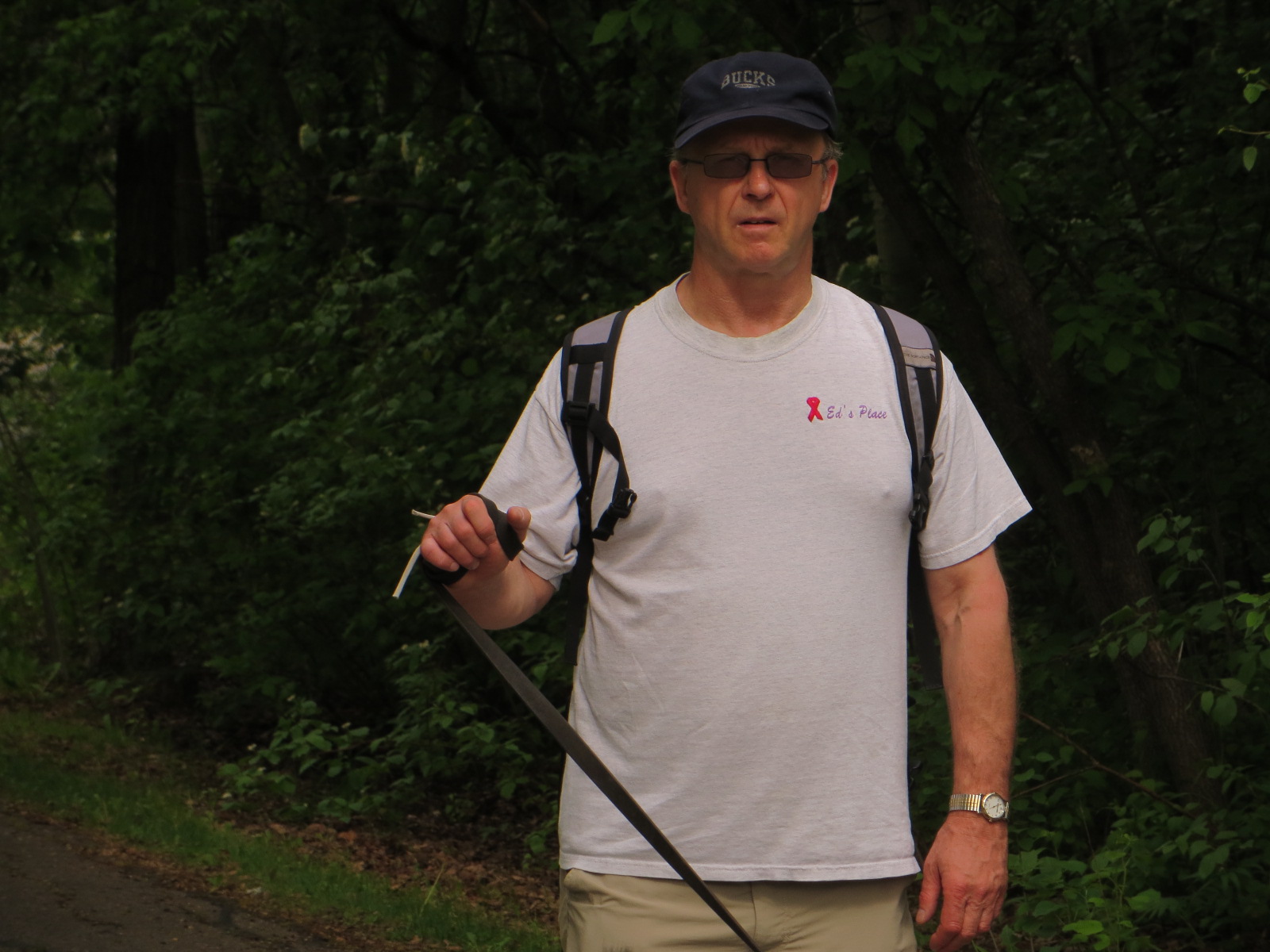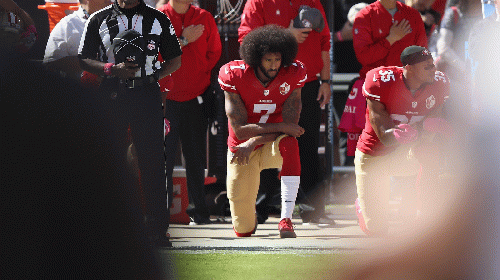There is an old legal maxim to the effect that "hard cases make bad law". This refers to an extreme factual situation crying out for a just resolution. In such circumstances even lawyers and courts sometimes make emotional if well meaning judgments that nonetheless make for bad precedent. We are currently in times of extreme racial tension in the U.S. and Canada and many parts of the globe. One consequence is the call for stricter "hate speech" laws. We should examine very carefully whether such laws benefit society when entrenched in its system of justice.
Hate speech laws operate in a similar fashion in the jurisdictions of the nations of the Five Eyes (FVEY) intelligence alliance composed of Australia, Canada, New Zealand, United Kingdom and the United States. They are promulgated as a reasonable encroachment on the basic right of freedom of speech or expression, in the interests of public security, peace and harmony. The following analysis of Canada's hate speech laws under its Criminal Code vis-Ã -vis the provision of free expression under its Charter of Rights and Freedoms can be generalized to the FVEY and indeed to most juridical systems legislatively proscribing "hate speech".
Free speech, which can entail freedom of thought, belief, opinion, expression, conscience and religion is arguably the most fundamental freedom as it defines each of us as unique and individual human beings. Any censorship, proscription or abridgment of this fundamental human right must be subject to the highest level legal scrutiny test (standard of proof) vis-Ã -vis contravention of basic Charter rights. All speech or expression must be free and the burden of proof must be on the state if it presumes to limit in any way its full and uninhibited exercise. Further, any proposed restriction of a right as fundamental as free expression must be precisely defined and limited.
As stated in the Canadian Charter of Rights and Freedoms:
Fundamental freedoms
2. Everyone has the following fundamental freedoms:
(a) freedom of conscience and religion;
(b) freedom of thought, belief, opinion and expression, including freedom of the press and other media of communication;
Under section 1 [freedom of speech shall be] subject only to such reasonable limits prescribed by law as can be demonstrably justified in a free and democratic society. Legal jurisprudence indicates that the highest level scrutiny test would be applicable to the hate speech sections of the Criminal Code and any "limits prescribed by law" in determining compliance with the Charter.
Section 318 of the Criminal Code defines hate speech as :
- 318 (1) Every person who advocates or promotes genocide is guilty of an indictable offence and liable to imprisonment for a term of not more than five years.
Who could reasonably object to banning speech that advocates "genocide", which the section defines as promoting the killing or constructive killing (by indirect means) of any "identifiable group"?
Subsection 318(4) defines "identifiable group" and includes groups defined in the UN Convention on Genocide (1948,1951) - those distinguished by "colour, race, religion, national or ethnic origin". It adds to this subset groups distinguished by "age, sex, sexual orientation, gender identity or expression, or mental or physical disability". The "identifiable group" definition applies to both section 318 and 319.
While no reasonable person would criticize the criminalizing of speech promoting the genocide of any group, section 464 of the Code could provide a non-discriminatory remedy as it criminalizes the "counselling of an offence that is not commited". There is no need to engage in group definition which is arbitrary and limiting (see below). It is fundamentally wrong to advocate genocide of any group, and a remedy could be provided under section 464 by adopting the broader definition of genocide and including counselling "the deliberate killing of a large group of people" (Oxford). Section 264 which criminalizes uttering threats to individuals could offer a remedy simply by adding "..or group" to "person [who receives a threat]".
And there is a problem with defining specific "identifiable groups" in sections 318 and 319 as worthy of protection. By corollary many are not. One is not legally barred under s. 318 from advocating the genocide of groups promoting a specific political ideology, or of groups promoting an economic ideology, or of groups promoting a philosophical belief (for example epicureanism), or of animal rights groups (which are deemed terrorists in the U.S. Patriot Act rubric and criminalized under proposed Canadian bills*), or of environmental groups, or even of one's rival football team.
There is also an uncertainty problem when analyzing specific identifiable groups listed in s. 318 and 319. Consider "religion": would the falun gong, for example, be considered a religion ? The CPC (Communist Party of China) essentially considers them to be a terrorist group and treats them as such. The determination from a Canadian perspective becomes quite political. Given the economic and political influence of the CPC it is not clear what the position of the Canadian state would be. Would it side with a relatively obscure and powerless human rights group that has been attacked by a powerful totalitarian government or would it side with the latter with which it has economic ties worth many billions of dollars ? How about wiccans ? Satanists ? Militant atheist movements ? Believers in Intelligent Design ? All these are problematic in terms of religious designation and do not have powerful lobby capabilities. So who would make these determinations as to group qualification ? The state (see below). Trusting the state to determine which groups are worthy of protection without regard to political considerations is dangerously naive. Dangerous at least to the exercise of free speech. It is however very empowering for the exercise of state power, influence and control.
Next Page 1 | 2 | 3 | 4 | 5 | 6 | 7 | 8 | 9
(Note: You can view every article as one long page if you sign up as an Advocate Member, or higher).






